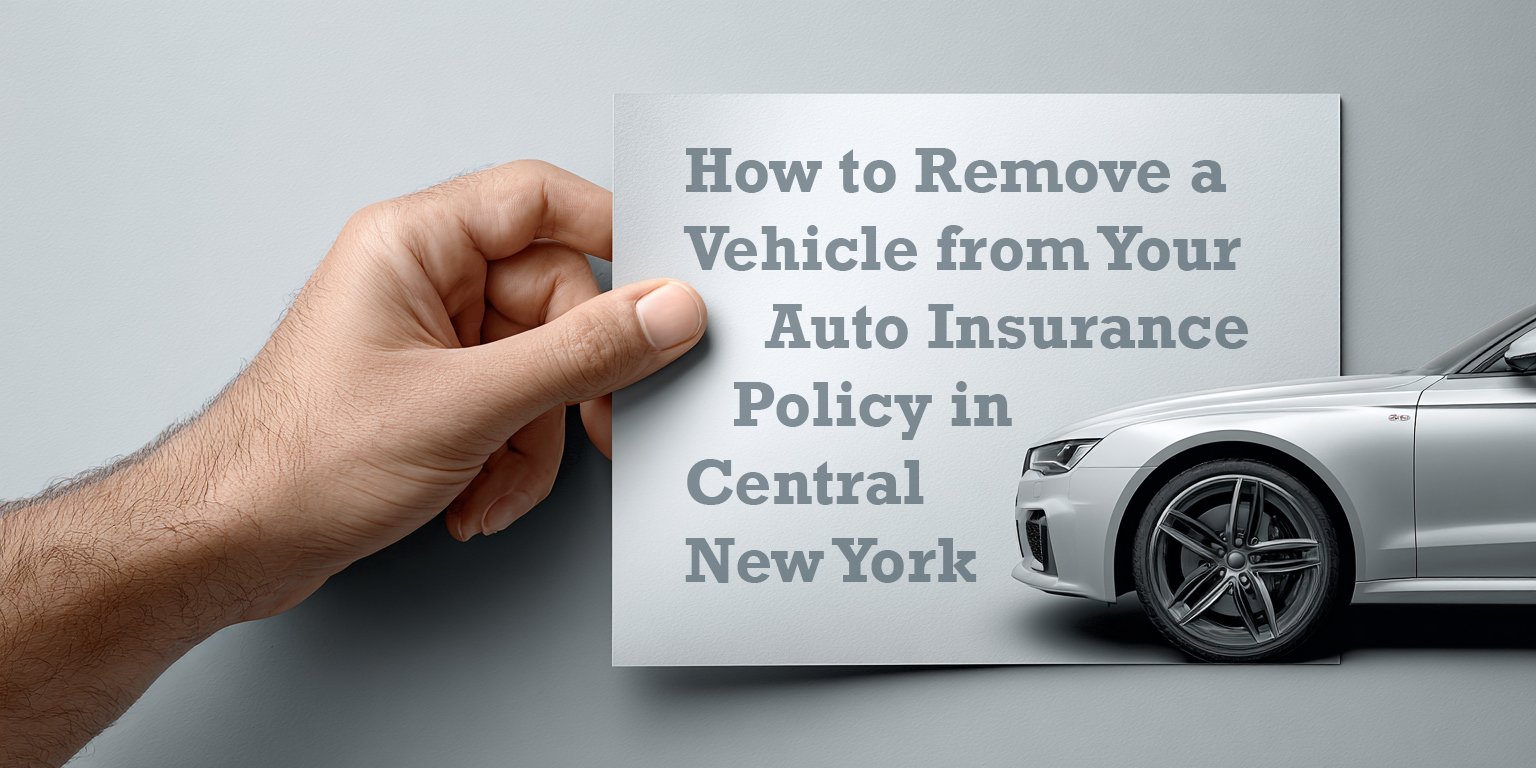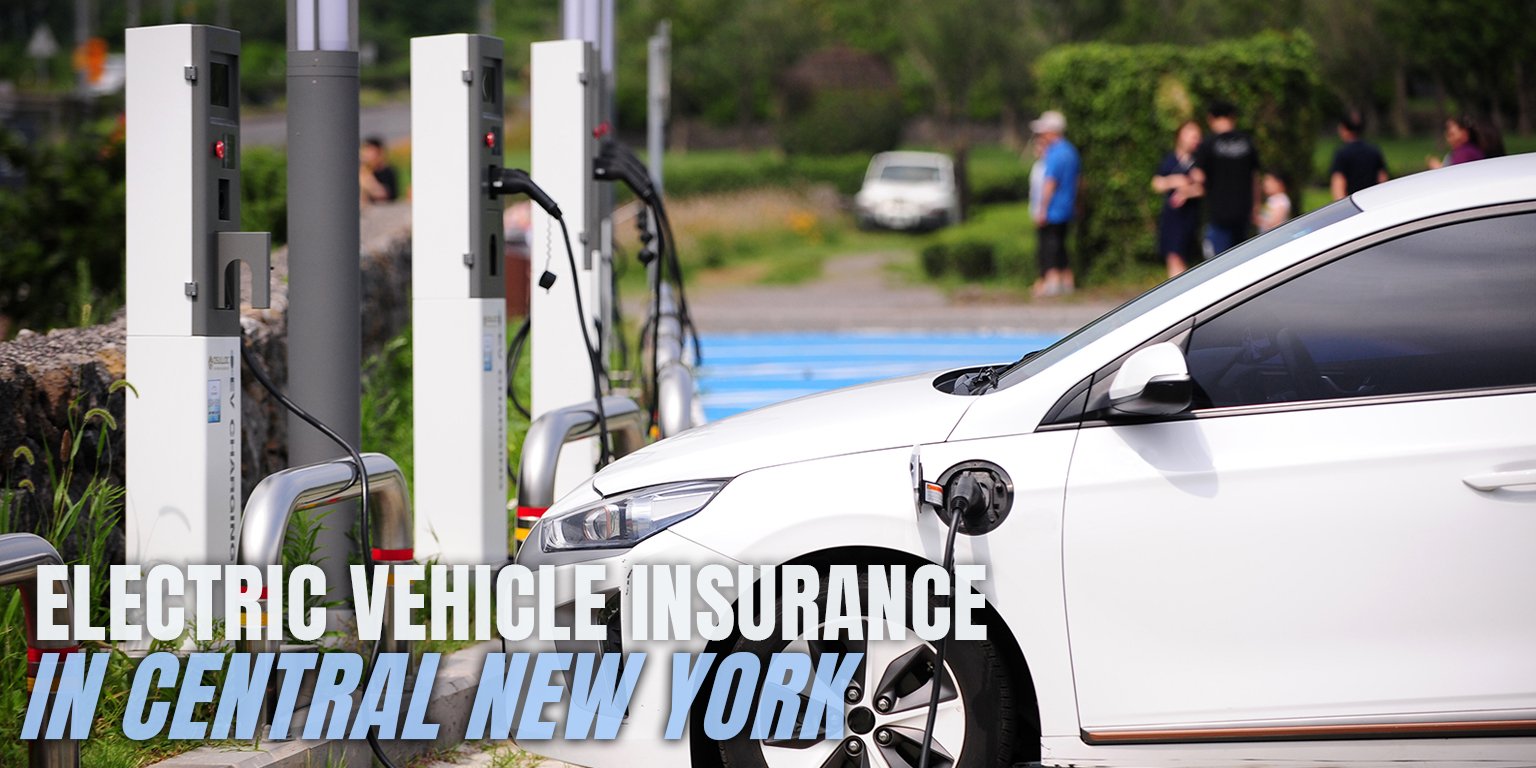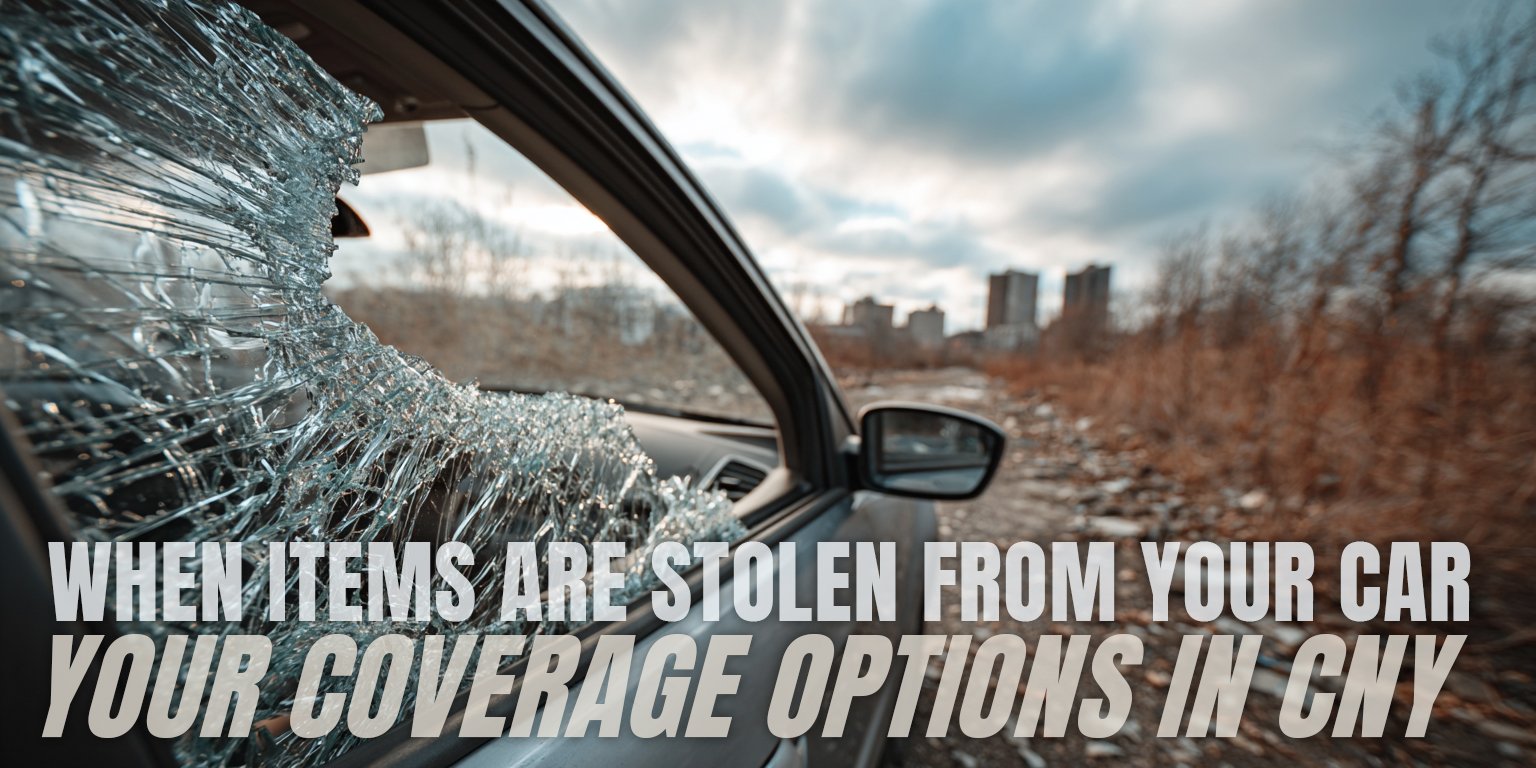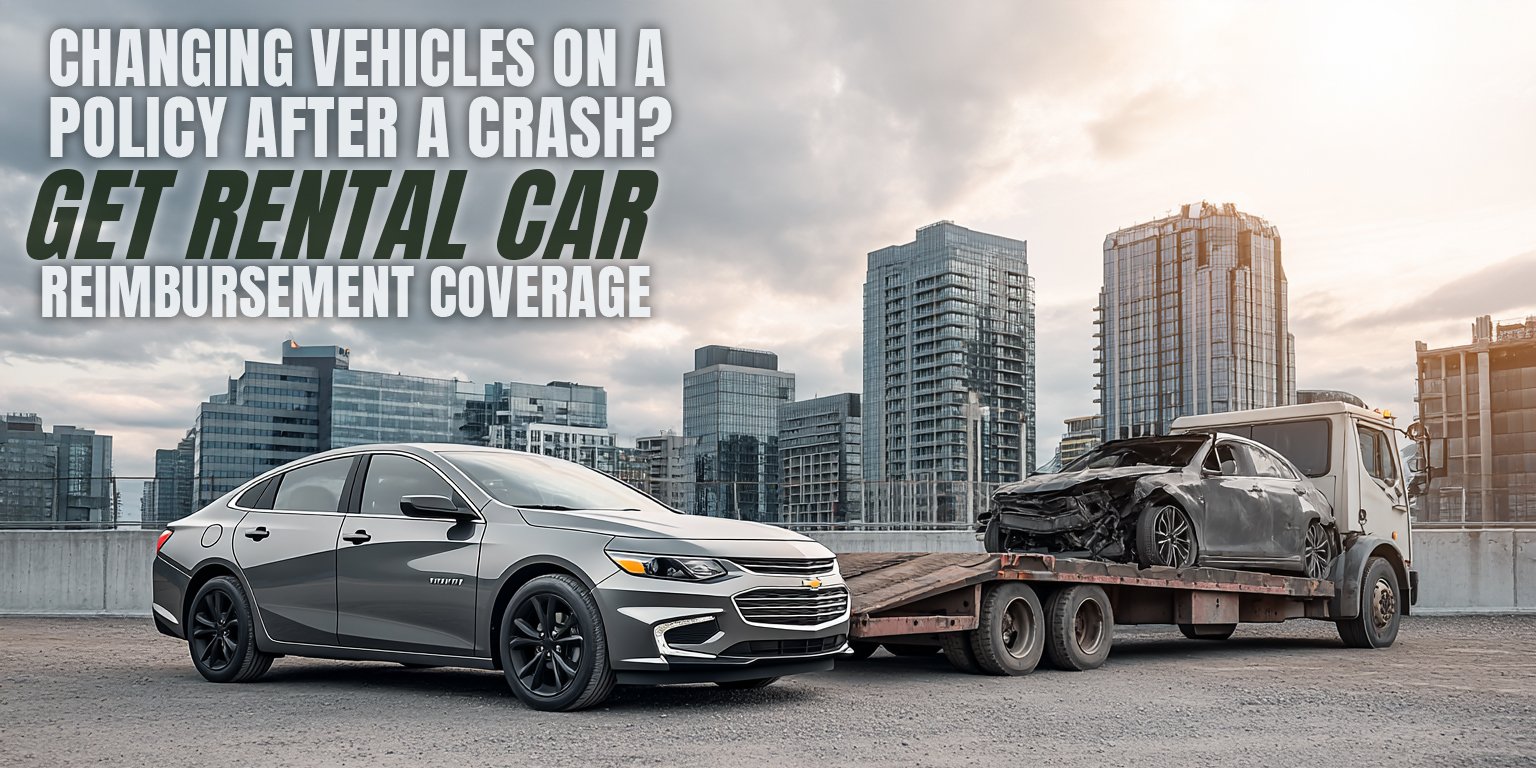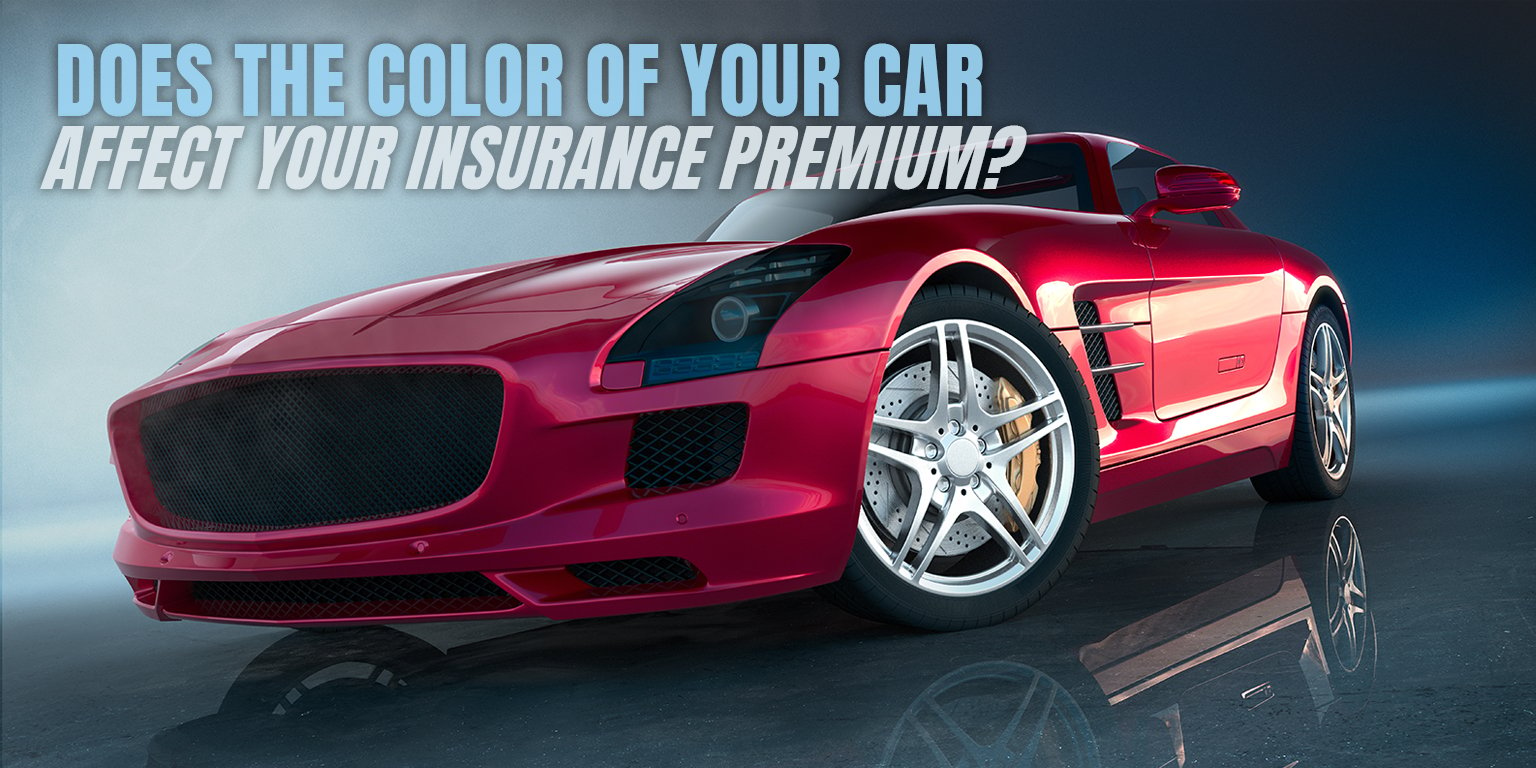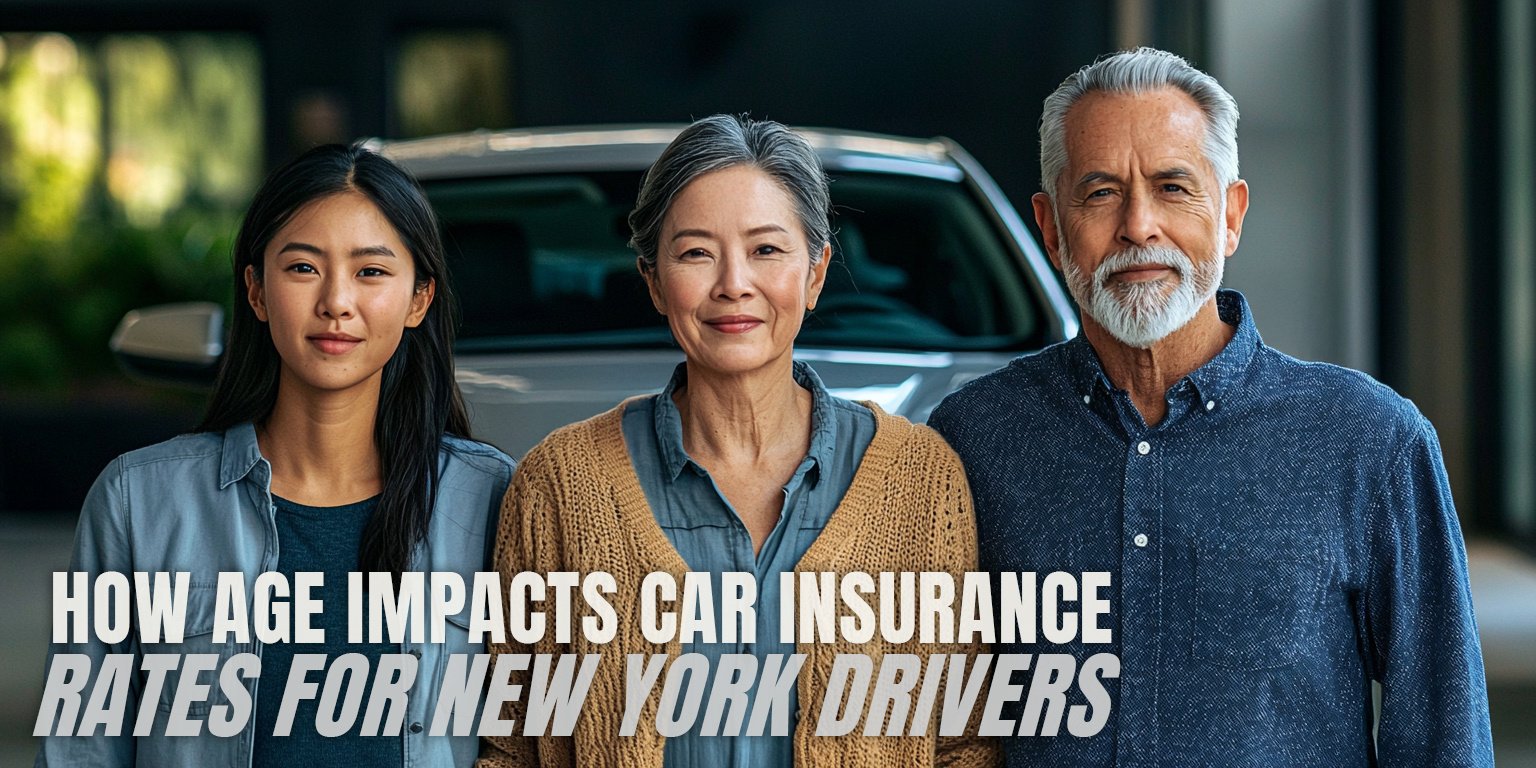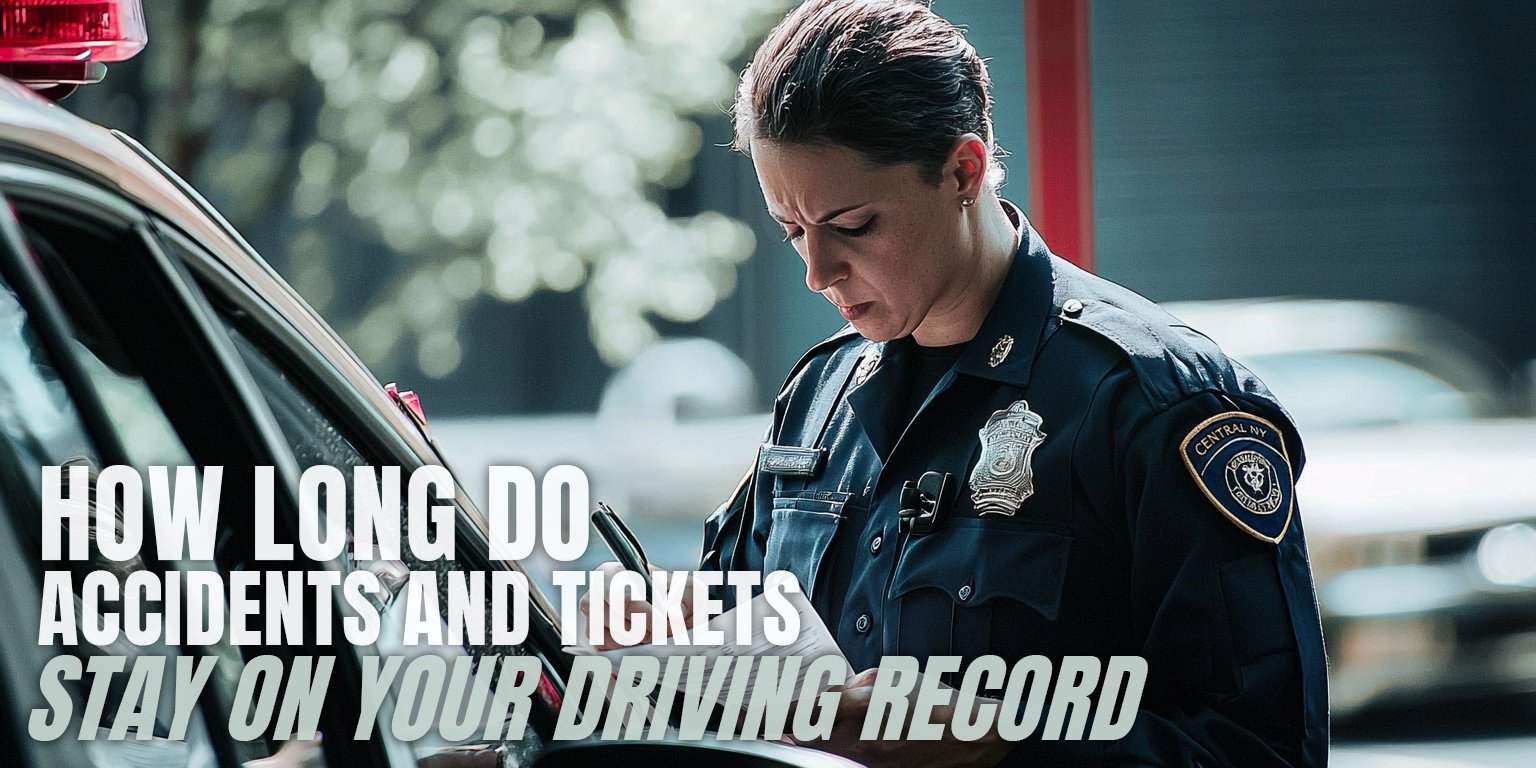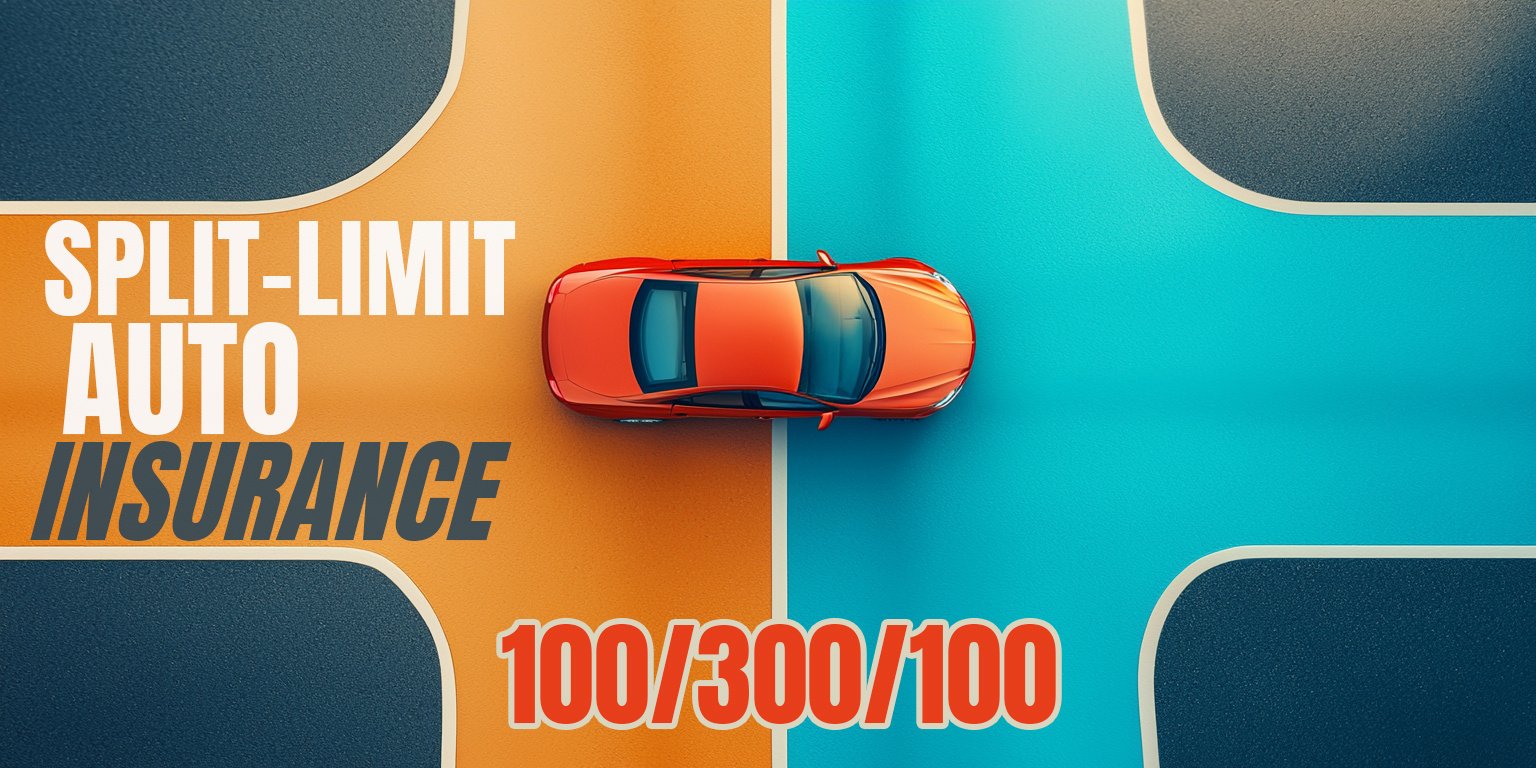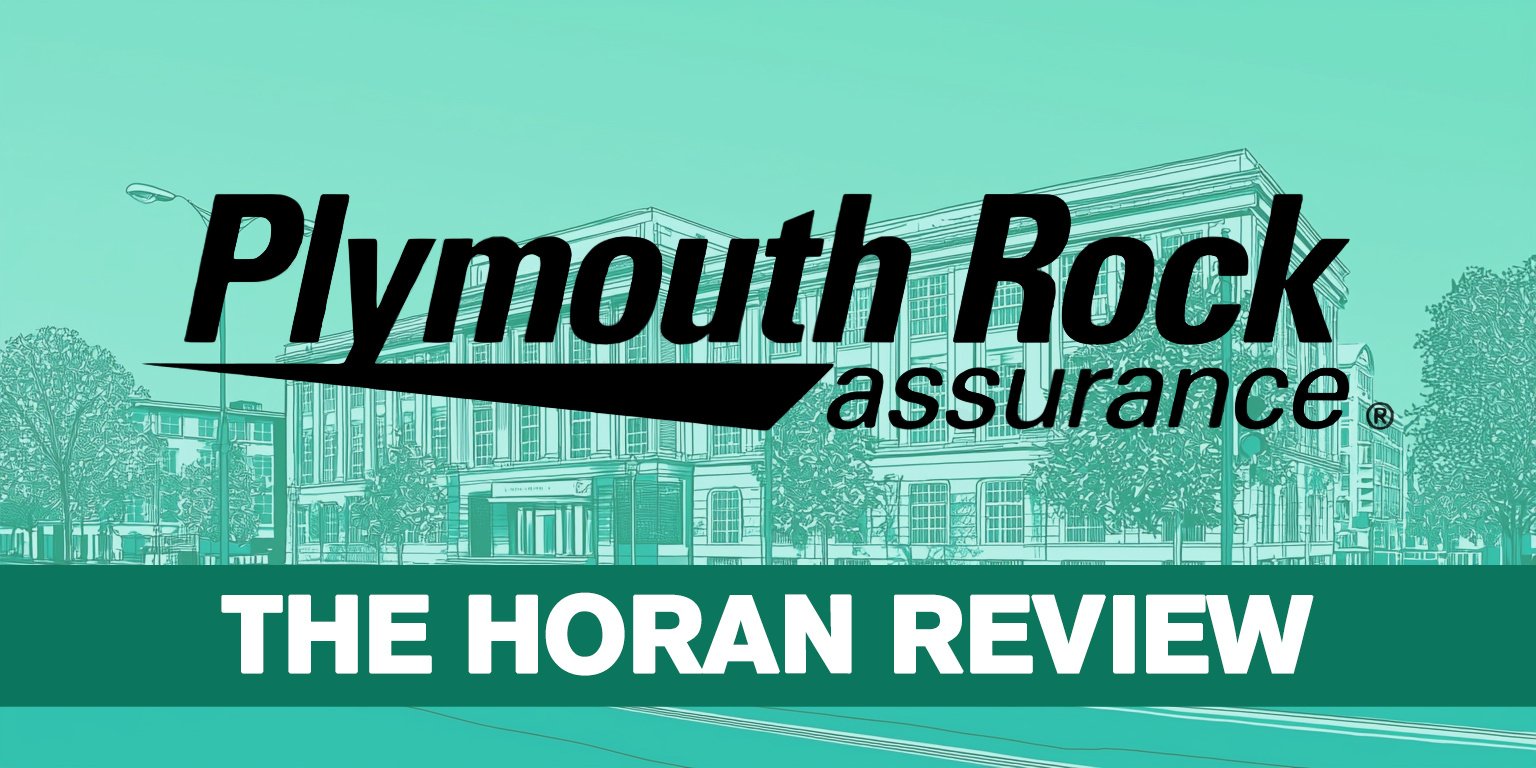6 Common Misconceptions About Auto Insurance Quotes
September 8th, 2023
7 min read
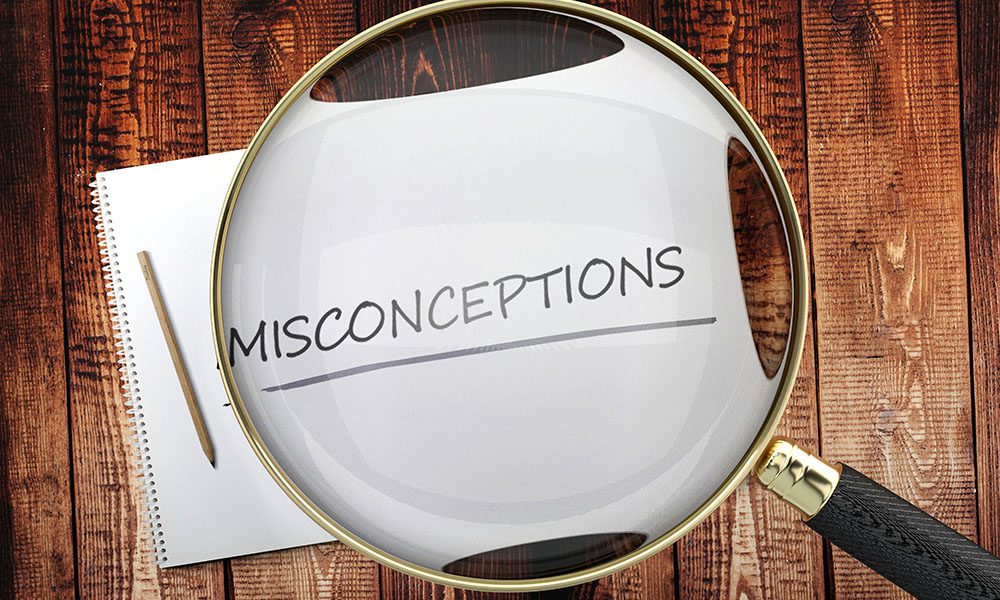
Auto insurance quotes can be confusing and overwhelming. You might have heard some myths and misconceptions about them that make you unsure of what to do. Maybe you think that getting several quotes will hurt your credit score. Or that you have to pay the same rate as your neighbor.
You might think you can’t switch providers after a certain period of time. These are all false, and they can cost you money and peace of mind.
That’s why we at Horan are here to help. We’re a Baldwinsville-based insurance company that has been serving CNY since 2009. We know the ins and outs of auto insurance, and we can address its many falsehoods.
In this article, we will debunk some of the most common misconceptions about auto insurance quotes. This will enable you to get the best deal possible. By the end of this article, we’ll clear up the misconceptions. We’ll also arm you with knowledge you can use to your advantage.
Common Misconception #1: The Rate You Received in Your Auto Insurance Quote is the Rate You’re Going to Get
One of the most common misconceptions about auto insurance quotes relates to the rate. Many think the rate they see online or hear over the phone is the final rate they’ll pay. This is not always true.
The rate you receive in your quote is an estimate based on the information you provide. But this information may not be complete or accurate, and it may change over time.
The final rate you’ll get depends on that info and several other factors. These factors are verified by the insurance company after you apply for a policy. They include:
- Your credit-based insurance score. This is not the same as a credit score. Creditors and lenders use that to verify your creditworthiness. It measures how likely you are to pay back a loan. Your credit-based insurance score determines how likely you are to file a claim. And it can affect your auto insurance rate. The score reflects your financial responsibility and risk level. A higher credit-based insurance score can lower your rate, while a lower score can raise it. Read our companion article about auto insurance quotes increasing in New York State. It goes into more detail about the credit-based insurance score.
- Your driving record. Your driving record shows your history of accidents, violations, and claims. A clean driving record can lower your rate, while a poor driving record can increase it.
- Your vehicle details. Your vehicle details include the make, model, year, mileage, safety features, and value. A newer, more expensive, or more powerful car can raise your rate. An older, cheaper, or safer car can lower it. Inaccurate vehicle details affect the final rate. Supplying a vehicle identification number (VIN) for each vehicle helps. It leads to more accurate rates.
- Your coverage options. Your coverage options include the types and amounts of coverage that make up your policy. They include liability, collision, comprehensive, uninsured/underinsured motorist, and personal injury protection. More coverage means more protection, but also higher costs.
These are some of the factors that can affect your final auto insurance rate. So don’t rely on the quote you receive as the final word on what you’ll pay. Instead, you should compare quotes from different providers. Then, review the details of each policy before making a decision. You should also update your information regularly. And check for discounts and savings opportunities that can lower your rate.
Common Misconception #2: The Quote You Receive is Valid for a Certain Number of Days
Another common misconception about auto insurance quotes surrounds the duration of the quote. Some think the quote they receive is valid for a certain number of days, such as 30 or 60. This is not true. The quote you receive is valid for as long as the insurance carrier decides it is. And the carrier can change at any time without notice.
For example, say an agent quotes you today. You decide to sit on that quote for weeks. But the carrier has an internal meeting and sets a 5 percent policy increase for all new business. The new rate starts on the first of the month. Your policy start date comes after that.
When the agent tries to bind coverage, they’ll see a refresh, meaning your rates are no longer valid. You’ll have to pay the higher rate or look for another quote.
This can happen for various reasons, such as
- changes in the market,
- claims experience,
- underwriting guidelines, or
- state regulations.
The carrier can also change your rate based on new information they discover about you or your vehicle. That can include your credit score, driving record, vehicle details, or coverage options.
So, you shouldn’t assume that the quote you receive is guaranteed for a certain period of time. Instead, you should act fast and lock in your rate as soon as possible. You can do this by applying for a policy and paying your first premium. This will bind your coverage and secure your rate.
Common Misconception #3: You Have to Wait Until Your Current Claim Closes Before You Can Get a New Quote
Here’s another one. You have to wait until your current claim closes before you can get a new quote. This is not true. You can get a new quote from another carrier even if you have an open claim with your current carrier. But there’s a slight catch at times. The new carrier may have to approve your quote based on the circumstances of the claim.
For example, say you have a claim with your current carrier that isn’t yet settled. You’re unhappy with their service and want to switch to another carrier. You can start looking for quotes from other carriers and compare their rates and coverage options.
If it was a minor claim, you don’t need to wait to move carriers. But if the car is laid up for extensive repairs or is totaled, you should hold off until the claim is settled. That’s because the vehicle will not likely be heading to the new policy.
Because of this, you shouldn’t assume you have to wait until your current claim closes before you can get a new quote. Instead, you should shop around and see what other carriers can offer you. You may find a better deal or a better service that suits your needs.
But also be aware of the possible complications or limitations that may arise from trying to switch carriers while having an open claim.
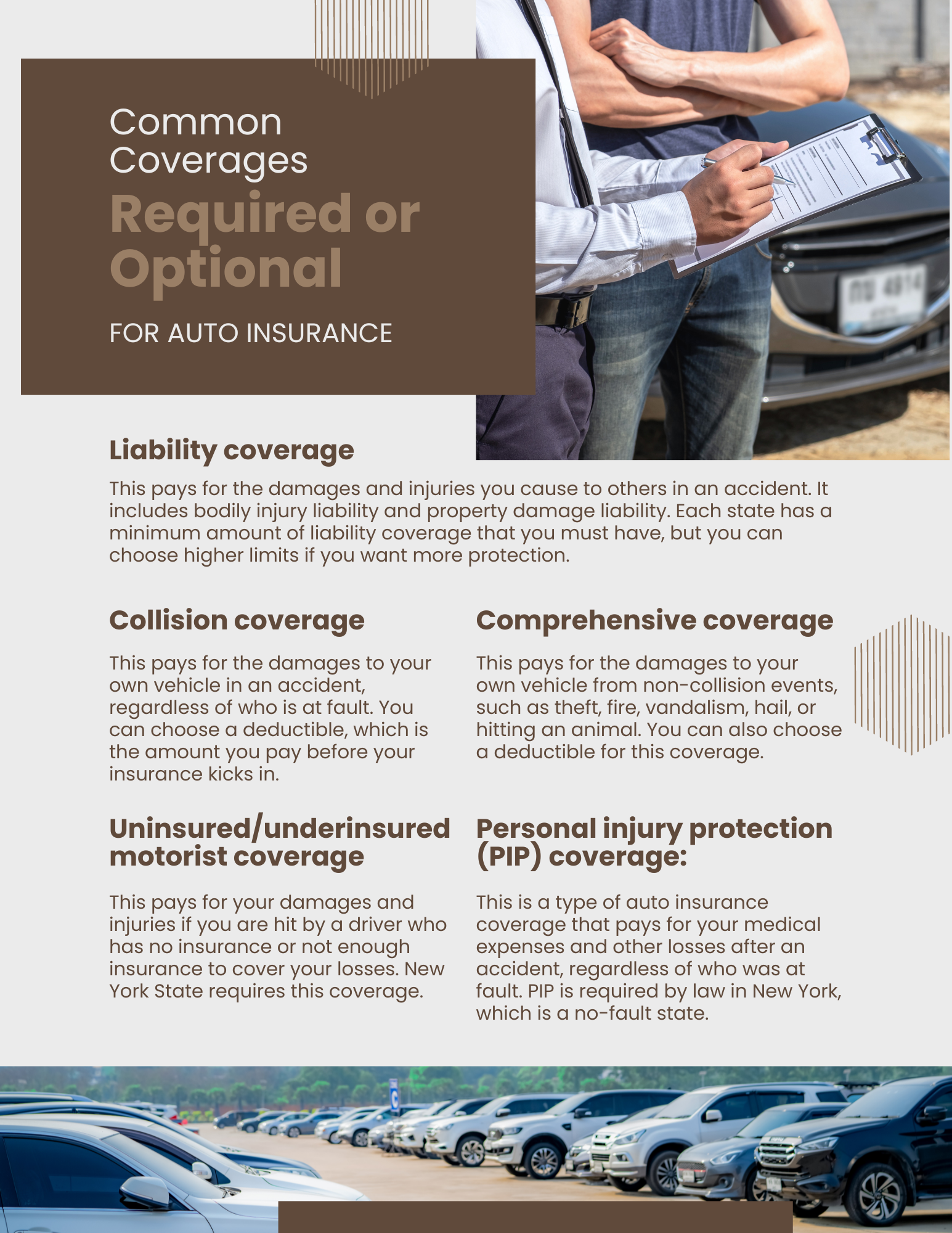
Common Misconception #4: Taking the Defensive Driving Course Removes a Ticket From My Driving Record
Taking the defensive driving course removes a ticket from your license. This is another common misconception. But it isn’t true. Taking the defensive driving course can help you reduce your points. And you can get a discount on your insurance. But it doesn’t erase the ticket from your record.
The New York State Department of Motor Vehicles offers a Point and Insurance Reduction Program. The defensive driving course is part of that program. Taking the course can reduce up to four points from your driving record. That is if you have incurred violations during the 18 months prior to completing the course.
This doesn’t mean course completion removes the violations from your record. They will still appear and may affect your insurance rate and eligibility.
The defensive driving course can also help you get a 10 percent discount on your auto policy. This extends to your liability, collision, and no-fault insurance premiums for three years.
The downside is this. The discount may not cover the difference in the amount you’re now paying as a result of that ticket still being on your record. Depending on the type and severity of the violation, your insurance rate may increase by more than ten percent.
A study by Insurance.com revealed that a speeding ticket for 16–29 mph over the limit can raise your rate by 22 percent. And a reckless driving ticket can raise it by 73 percent.
So, don’t assume that taking the defensive driving course removes a ticket from your record. Check your driving record on occasion and report any errors or discrepancies to the DMV.
Common Misconception #5: During Your Search for Auto Insurance Quotes, You Can Get “Full Coverage”
Insurance shoppers use a term that creates another misconception: “full coverage.” There is no such thing as “full coverage” in auto insurance. It’s a vague and misleading term that can mean different things to different people.
When you search for auto insurance quotes, you won’t find a checkbox or an option for “full coverage.” You won’t see any ads or offers using that language either. If you ask your agent or carrier for “full coverage,” prepare for them to ask follow-up questions. They’ll want you to clarify what that is.
What you’ll find instead are different types of required and optional auto coverage. Together, they protect your vehicle and yourself in case of an accident or a loss. These types of coverage include:
- Liability coverage
- Collision coverage
- Comprehensive coverage
- Uninsured/underinsured motorist coverage
- Personal injury protection (PIP) coverage
You’ll see these when you search for auto insurance quotes. But none can guarantee you’ll be covered in full for every possible scenario or situation. There may be gaps or exclusions in your policy that limit or deny your coverage. There may also be situations where your coverage is not enough to cover all your losses or liabilities.
This is where you’ll need to speak with a reputable independent agent who can guide you. A qualified agent will help you assess your needs and risks. They’ll equip you to choose the coverage options that suit your situation and budget.
So, in short, don’t think you can get “full coverage” for your vehicle. Instead, learn more about these coverages and how they function. You can start by reading our auto insurance overview.
Common Misconception #6: Your Previous Coverage Has No Impact on Your New Auto Insurance Quote Rate
Believing your current liability limits don’t affect your new quote is misleading. Your current liability limits can have a significant impact on your new quote. Why? Because they reflect your attitude and behavior toward insurance.
Liability covers the damages and injuries you cause to others. But only if you’re at fault in an accident. It has two components: bodily injury liability and property damage liability.
Each state has a minimum amount of liability coverage that you must have, including New York. But you can choose to increase it if you want more protection. You can read more about those limits in Auto Liability Coverage Limits Explained.
When you search for auto insurance quotes, carriers will look at your current policy. They’ll focus on what your liability limits are. If you’re carrying low liability limits, they’ll rate you as a person who doesn’t value insurance. The carrier will assume you’re a risky driver who is more likely to cause accidents and file claims.
They’ll also assume you’re a price-sensitive customer who is only looking for the cheapest option. As a result, they’ll charge you a higher rate or refuse to sell you a policy at all.
But if you carry high liability limits, they’ll rate you as a person who values insurance. The carrier will assume you’re a safe driver who is less likely to cause accidents and file claims. They’ll also assume you’re a quality-oriented customer. One who is looking for the best coverage and service.
As a result, they will offer you a lower rate or more discounts and benefits.
So, your current liability limits do affect your new quote. With that in mind, consider increasing your liability limits if they’re too low. This will protect you from potential lawsuits and financial losses. And it will improve your image and reputation among the carriers.
You may be surprised by how much you can save by raising your liability limits.
Auto Insurance Quotes Don’t Have To Be Overwhelming
We know that finding the best auto insurance policy for your vehicle can be daunting. There are many factors and options to consider. And there are many myths and misunderstandings to avoid.
But by following our advice, you can get the most accurate and up-to-date rate for your policy. You’ll also lock it in before it changes. You’ll choose the optimal liability limits and coverage options for your situation. And you’ll focus on adequate protection from potential lawsuits and financial losses. Your search for a policy through auto insurance quotes will be a smooth experience.
Don’t let the misconceptions about auto insurance quotes stop you from getting the best insurance for your vehicle.
We can help. Click the Get a Quote button below to get started. We’re ready to discuss your policy options and secure the right insurance for your needs.
Continue the journey of auto insurance discovery. Learn about The Problem with Cheap Auto Insurance Quotes.
Daniel is an accomplished content creator. He has been working in publishing for almost two decades. Horan Companies hired Daniel as its content manager in November 2022. The agency entrusted its messaging to him. Since then, Daniel has written insurance articles, service pages, PDF guides, and more. All in an effort to educate CNY readers. He's helping them understand the world of insurance so they can make informed decisions.
Topics:





